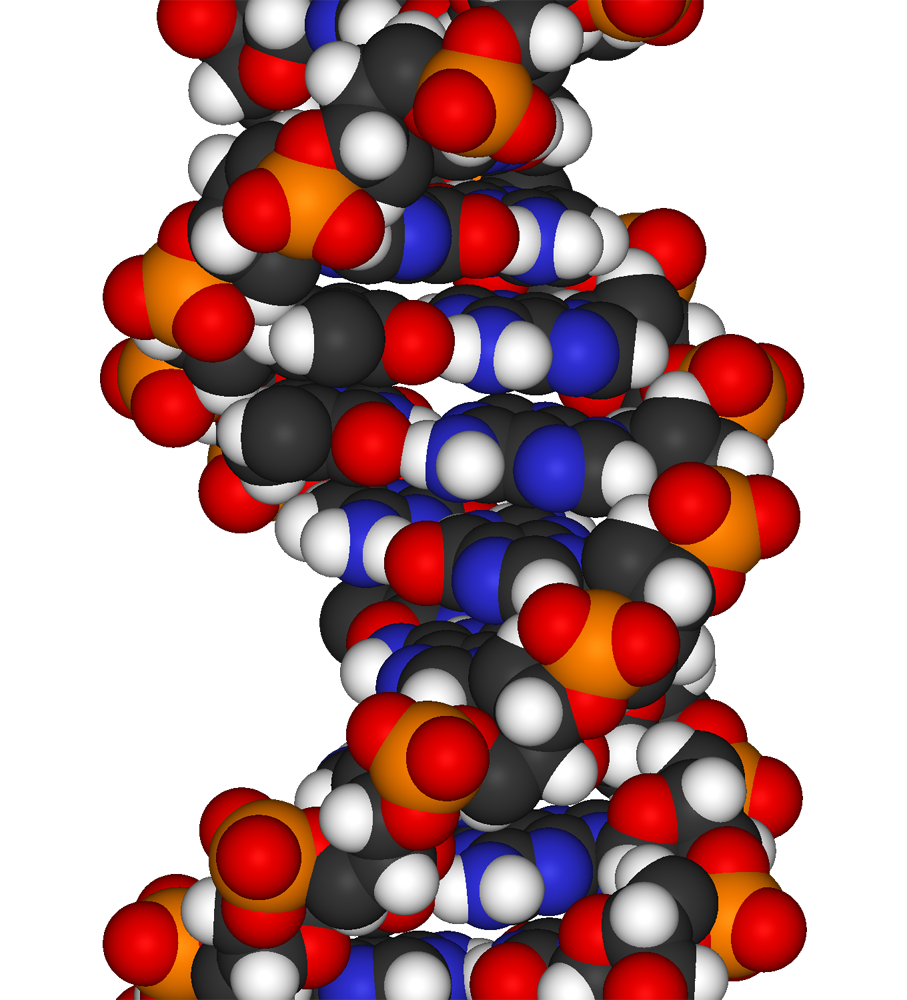A clone is an identical copy of something and is a term that first became familiar to the public from the biosciences. Cloning simply means the creation of an exact genetic replica of a small segment of DNA, a cell or a whole organism. Identical twins are an example of human clones that are created naturally reproductive cloning refers to the process by which an animal is created which had the same nuclear DNA as a previously existing animal. The first animal to be tadpole to clone was in 1952. Concerns over the possibility of producing a human clone (Reproductive cloning) were increased in 1996 when first cloned adult mammal, Dolly, the sheep was produced by the scientists in

Human reproductive cloning is a much disputed ethical issue. Because of the high rates of deformity, disability and death resulting from animal cloning, people question whether resulting humans would be healthy and treated like normal individual. Human argue about against human reproductive cloning. Human reproductive cloning should not be carried out because human clones are also likely to exhibit abnormalities due to inappropriate epigenetic reprogramming. The significant problem of reproductive cloning is the high rate of deaths and failure to produce viable offspring. More than 100 nuclear transfer procedures could be produce one viable clone. For example, Dolly was the only survivor from 277 embryos cloned in the experiment conducted by Wilmut at the Roslyn Institute in
Hall and Stillman attempted to clone human in 1993 without prior approval. In November 2001, scientists from Advanced Cell Technologies (ACT) announced that they had cloned the first human embryos for the purpose of advancing therapeutic research. In January 2003 a biotechnology group called Clonaid associated with the Raeilian movement announced the birth of a cloned baby named “Eve” but this has never been confirmed independently. The human reproductive cloning would be ethically justifiable in at least some cases involving infertile couples.

Human reproductive cloning is almost universally opposed. Judging from the official documents dealing with the legal aspects of human reproductive cloning there seems to be a nearly worldwide consensus that reproductive cloning is incompatible with human dignity. The rule of necessity for self preservation and respect for human beings, the rule of la darar wa la dirar ('the necessity to refrain from causing harm to oneself and others') and the rule of usr wa haraj, one may indicate that if human cloning could not be prohibited or opposed, it gives way to various harmful consequences including family disorder, chaos in the clone's family relationships, physical and mental diseases for clones and suffering of egg donors and surrogate mothers. Most countries do not have specific cloning laws and are moving towards a strict ban on human cloning as far as the production of human being is concerned. International organizations have taken strong stands to prevent human reproductive cloning and inheritable genetic modification. On December 12, 2001 the United Nations General Assembly began elaborating an international convention against the reproductive cloning of human beings. To date, human reproductive cloning and inheritable genetic modification are illegal in nearly 50 countries.
In the
Reproductive cloning is not used as a safe mode to reproduce humans because of many negative aspects and legal complications.